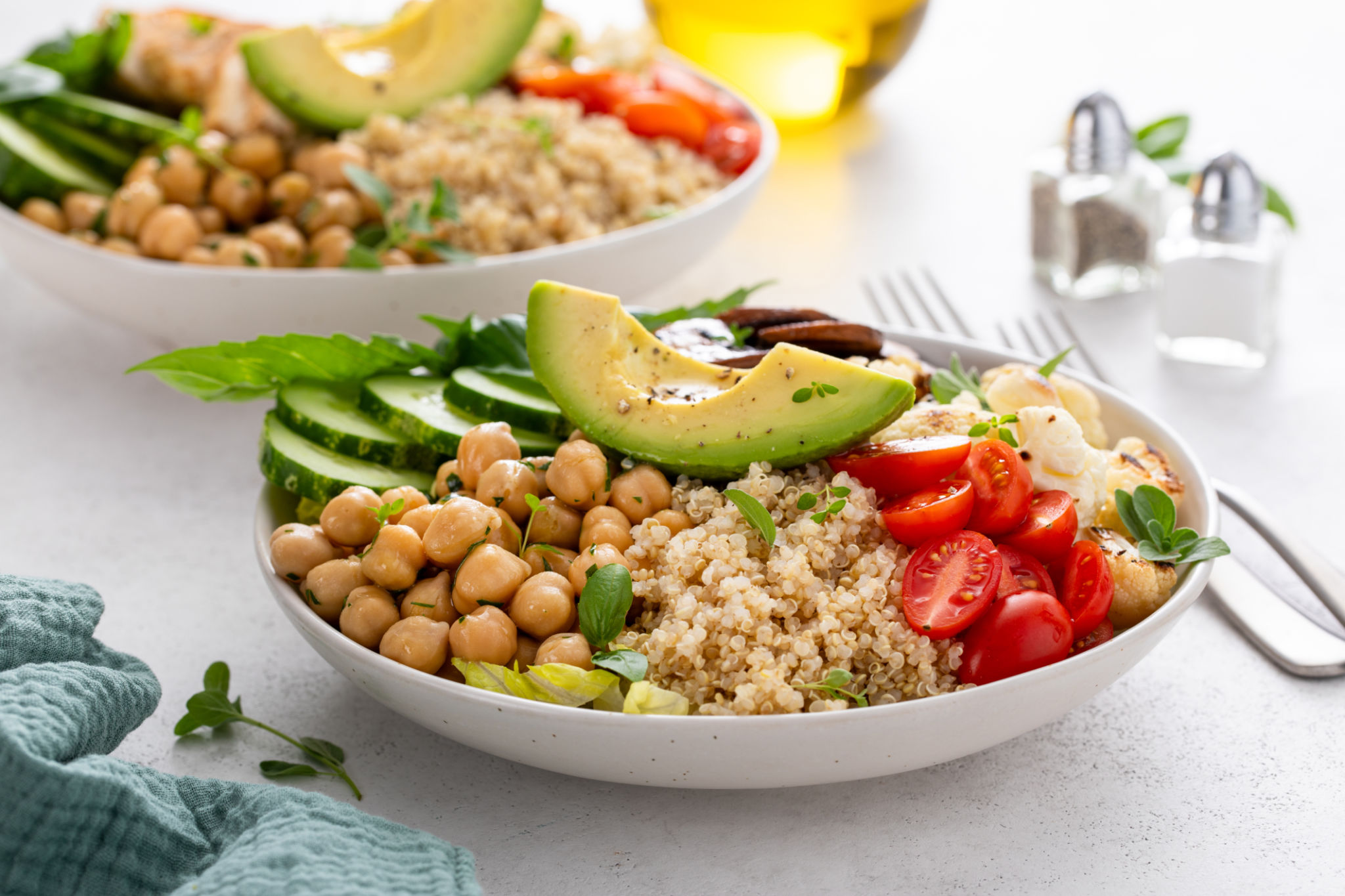Debunking Myths: Common Misconceptions About Vegan Diets
Understanding Vegan Diets
Veganism has gained immense popularity in recent years, yet several myths and misconceptions still surround this lifestyle choice. These misunderstandings often deter individuals from exploring veganism further. In this post, we'll address some of the most common myths about vegan diets and provide clarity on each.

Myth 1: Vegans Don't Get Enough Protein
A prevalent misconception is that vegans struggle to meet their protein requirements. However, numerous plant-based sources are rich in protein. Foods such as lentils, chickpeas, tofu, and quinoa are not only abundant in protein but also offer a variety of other essential nutrients. With a well-planned diet, vegans can easily meet their protein needs without resorting to animal products.
Moreover, many athletes and bodybuilders thrive on vegan diets by focusing on these plant-based protein sources. The key is to ensure a balanced intake and include a variety of foods to cover all amino acids required by the body.
Myth 2: Vegan Diets Are Nutrient-Deficient
Another widespread belief is that vegan diets lack essential nutrients, particularly vitamins B12, D, and iron. While it's true that certain nutrients require attention, they are not exclusive to animal products. For instance, vitamin B12 can be obtained from fortified foods or supplements, and iron is plentiful in legumes, nuts, seeds, and leafy greens.

Vitamin D can be synthesized from sunlight exposure or consumed through fortified plant milks. By being mindful of these nutrients, vegans can maintain a balanced and healthy diet that provides all necessary vitamins and minerals.
Myth 3: Vegan Diets Are Bland and Uninteresting
Contrary to popular belief, vegan diets are far from boring. The vast array of fruits, vegetables, grains, and legumes offers endless possibilities for delicious meals. Many cuisines around the world naturally include vegan dishes that are full of flavor and nutrition.
Additionally, the rise of plant-based innovations has led to a variety of vegan alternatives to traditional favorites, from burgers and sausages to cheese and ice cream. These options allow vegans to enjoy their favorite foods without compromising on taste or nutrition.

Myth 4: Veganism Is Expensive
While it's easy to assume that a vegan diet is costly due to specialty products, many staple vegan foods are actually quite affordable. Ingredients like rice, beans, pasta, and seasonal produce are budget-friendly and form the basis of many nutritious meals. Planning meals around these staples can help keep costs down while maintaining a diverse and satisfying diet.
Moreover, as veganism continues to grow in popularity, more affordable options are becoming available in mainstream supermarkets, making it easier than ever to adopt a vegan lifestyle without breaking the bank.
Myth 5: Vegan Diets Are Inconvenient
Some may think that following a vegan diet requires significant effort in terms of meal preparation and sourcing ingredients. However, with a little planning and practice, vegan cooking can be as convenient as any other dietary lifestyle. Many quick and easy recipes are available online, making it simple to prepare nutritious meals in no time.

Furthermore, restaurants and cafes are increasingly offering vegan options on their menus, making it easier to dine out without compromising dietary choices. With increased awareness and demand for plant-based options, convenience is steadily improving for those following a vegan lifestyle.
By addressing these myths and misconceptions, we hope to encourage more individuals to explore the benefits of a vegan diet. With the right information and resources, adopting a vegan lifestyle can be both enjoyable and fulfilling.